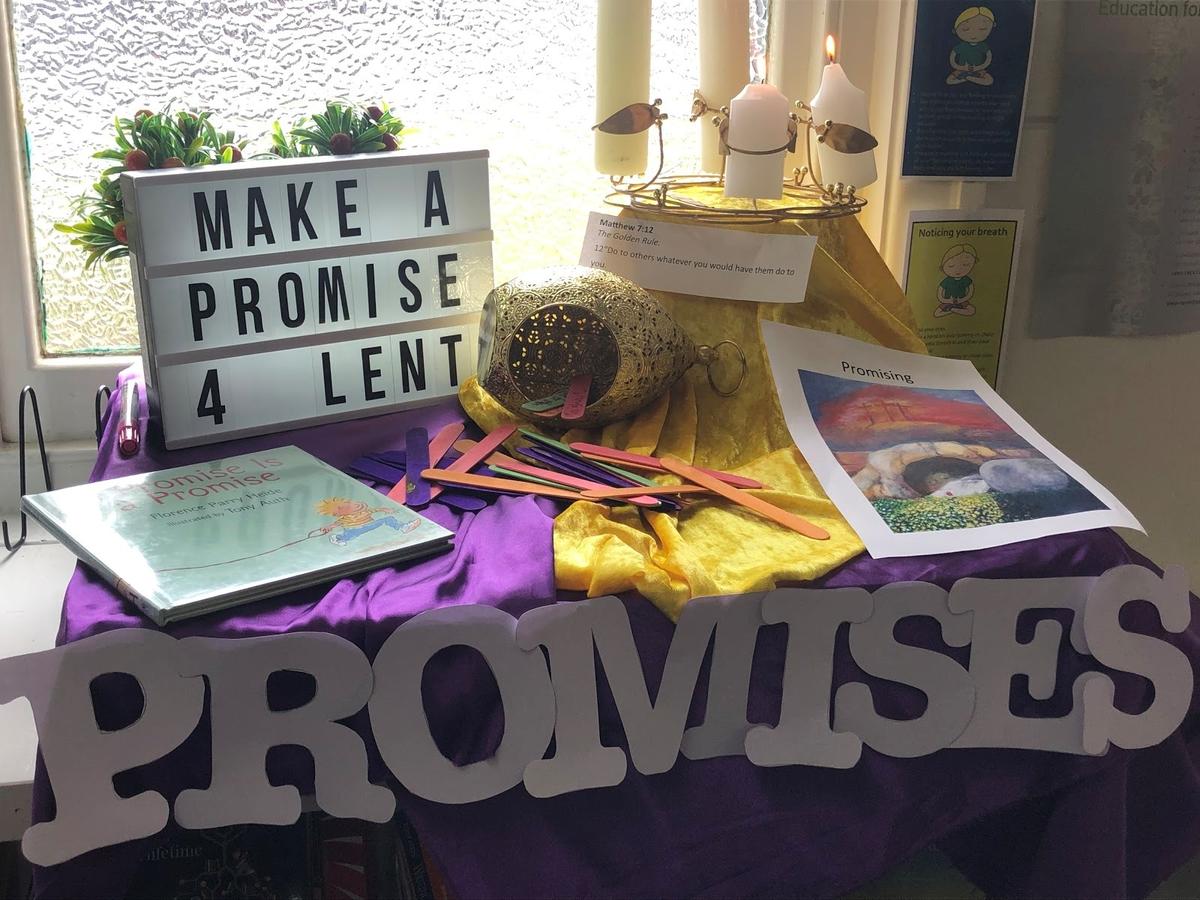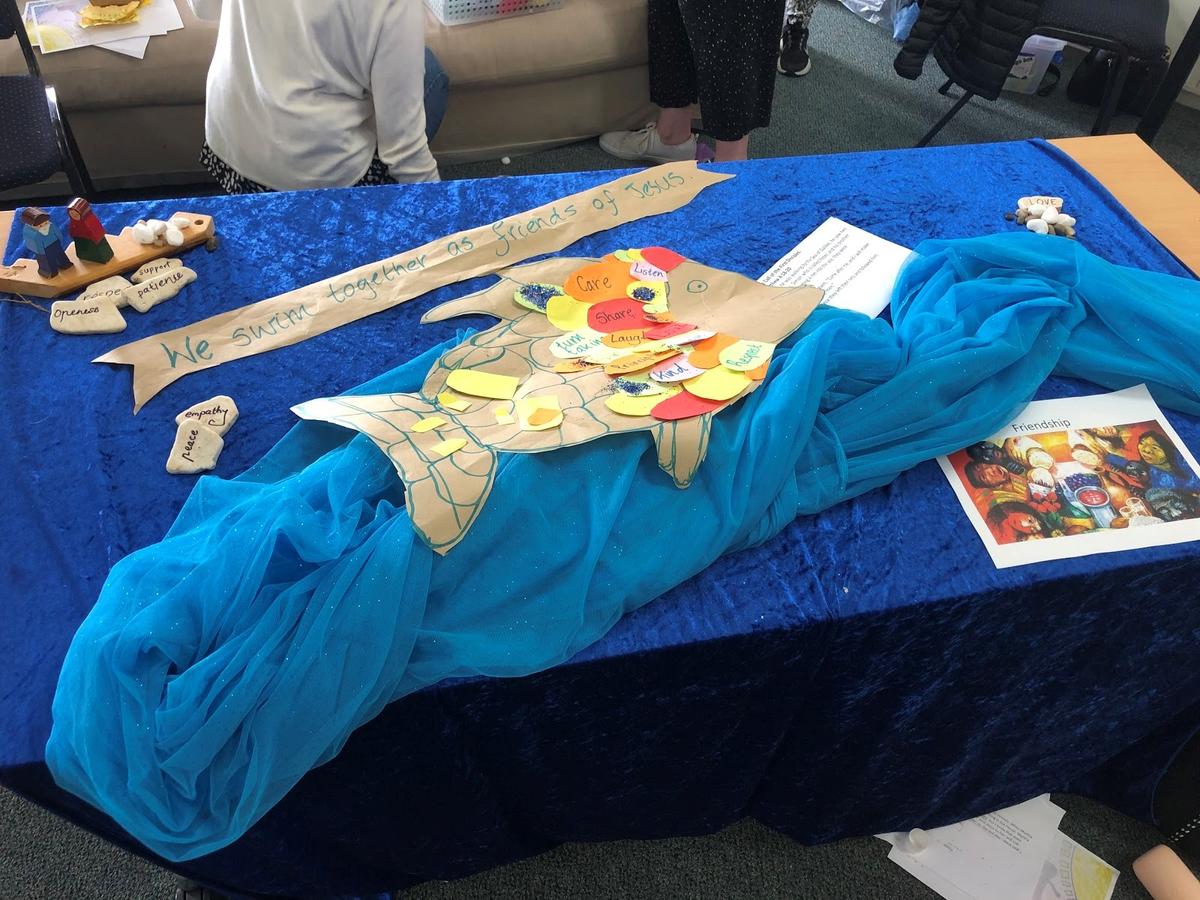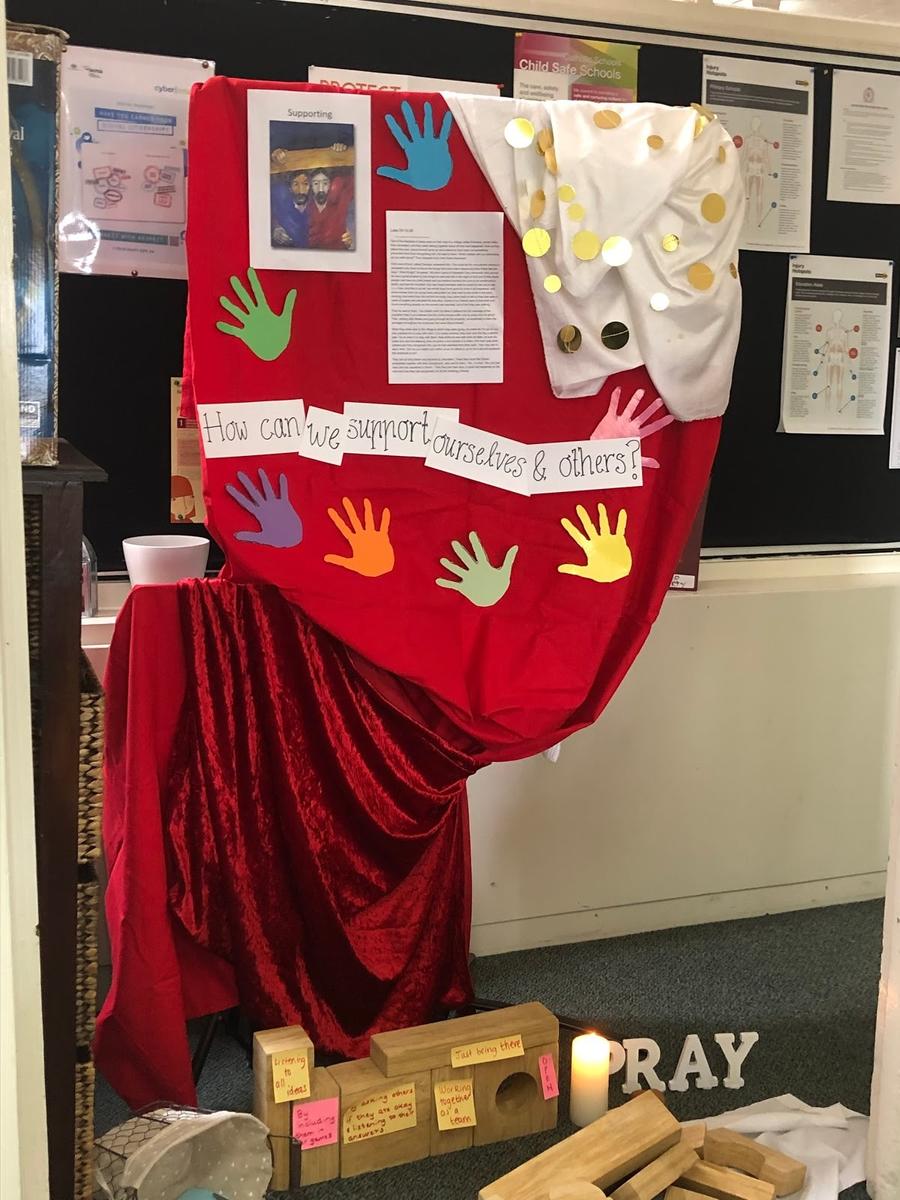Staff Professional Learning Days

Staff Professional Learning Days
On Thursday and Friday last week all St. Columba’s teaching staff engaged in two days of high-quality professional development.
While one of these days was PYP focused and the other emphasised prayer spaces the connection between the two was clear.
The focus of Thursday was to further develop our understanding of the key elements of the IB PYP and to develop a St. Columba’s programme of inquiry.
“The task of developing a programme of inquiry is one the whole staff, including classroom teachers and single-subject teachers, takes responsibility for. It represents a sustained collaborative process involving all the appropriate PYP staff, full-time or part-time, to the fullest possible extent.” - Developing a Transdisciplinary Programme of Inquiry; IB 2009
As you can see from the quote above, the development of a transdisciplinary programme of inquiry is the responsibility of all staff. It was therefore fitting that our day centered around the following central idea:
The creation of a relevant, significant, challenging, engaging and transdisciplinary programme of inquiry requires deep thinking, reflection and collaboration.
A PYP programme of inquiry has a number of required components. It must:
Ensure all transdisciplinary themes are explored deeply as these have global significance—for all students in all cultures
Contain central ideas that have of complexity, allow for inquiry and invite a clash of ideas and growth
Help students develop knowledge, concepts and skills from Science, History, Geography, Personal and Social Learning, Civics and Citizenship, the Arts, Digital Technologies and other discipline areas but utilize them in ways that transcend the confines of these subjects
Empower students to embody the IB Mission statement - that they become life long learners who can make the world a better, more peaceful and more sustainable place.
Have clear vertical and horizontal articulation. In basic terms, students will not be learning the same thing each year and have a balance of skills, concepts, and knowledge throughout each year.
Allow for local and global perspectives
As a Catholic school, we have also worked hard to find authentic connections between our units of inquiry and our RE curriculum. An example of this can currently be seen in Year 3/4. The students have a central idea: The wellbeing of society and individuals is influenced by the choices we make. They have explored the meaning of wellbeing, engaged in practices that promote wellbeing e.g. yoga, mindful meditation, nature walks etc. and worked on personal inquiries around some of these practices. In addition, with reconciliation approaching, the students have explored the effect forgiveness has on their own and others’ wellbeing.
Our St. Columba’s programme of inquiry (often referred to as a POI) will soon be up around the school. We look forward to sharing this with the school community and making our curriculum more visible throughout the school.
Prayer and prayer spaces
On Friday we invited Amerall Blom (our RE learning consultant from CEM) to lead us in deepening our understanding of prayer and prayer spaces in the classroom. Teachers engaged in dialogue and exploration about what does prayer mean to you? What does prayer look like at St. Columba’s? How are we called into a deeper relationship with God?
The Archdiocese of Melbourne Educational framework, Horizon of Hope, connects the learning and teaching with our religious beliefs and it is the RE Dimension that states; In very explicit ways the religious dimension ensures a thorough integration of identity and mission into the whole of the educational experience of every learner. Inviting learning that integrates the light of faith, the joy of discovery and the richness of diverse cultures. Staff made links between this document and the work we did the day before with our units of inquiry.
After some deep discussions, scripture references and professional reading about prayer it was time for the teachers to be creative and get hands on (and at times a little competitive) with designing prayer spaces for our students and the community. Prayer spaces need:
Scripture relating to heir theme (we chose Lent as our theme)
A message/reflection for visitors to read. It could be a prayer, reading, book, etc
A short activity (a creative way to respond) where others can add their own responses
Something that will make people ask and wonder
We worked in groups to design our prayer spaces that you will see around the school and you are more than welcome to respond and take time to reflect at these spaces.
The prayerful person is one who is more or less present to the Presence in each moment, in all people, in all events and things, everywhere. This is enabled and promoted by study and acts and habits that support listening and attentiveness to what is happening- what is really happening- in and around us. (A Friendly Guide to Prayer, Michael Whelan)



